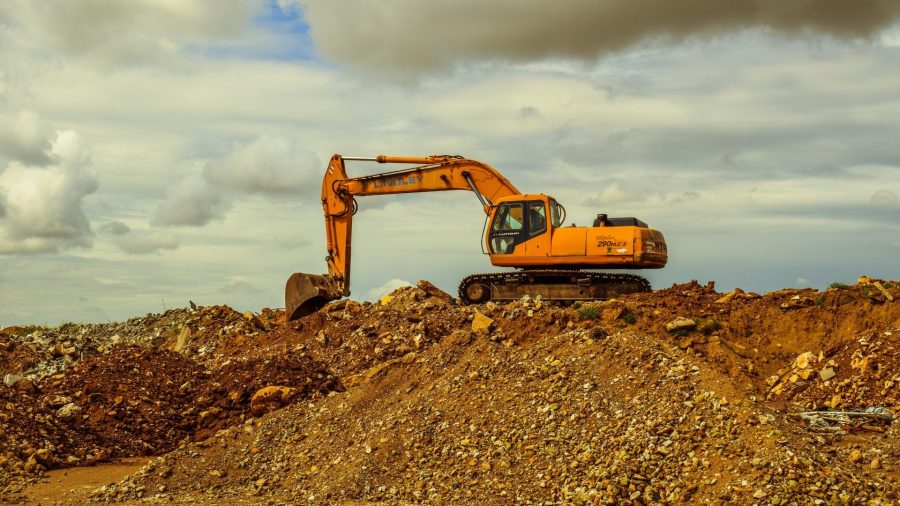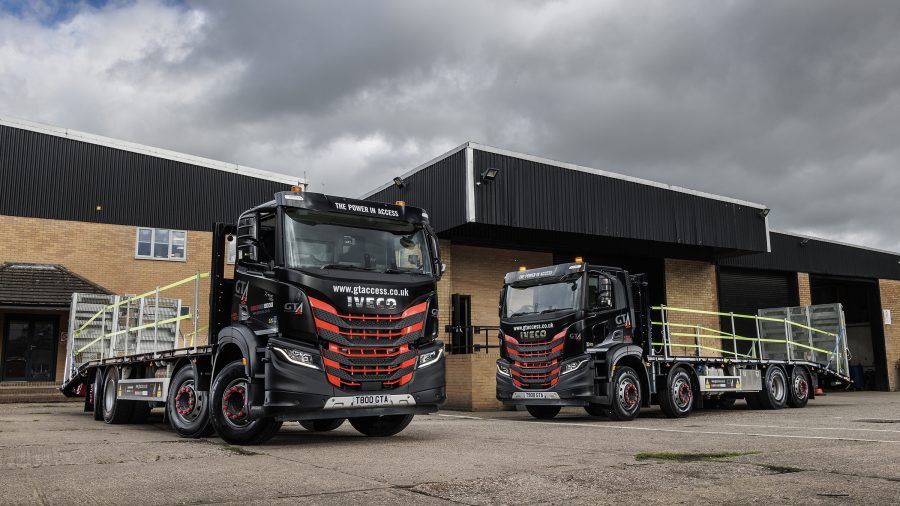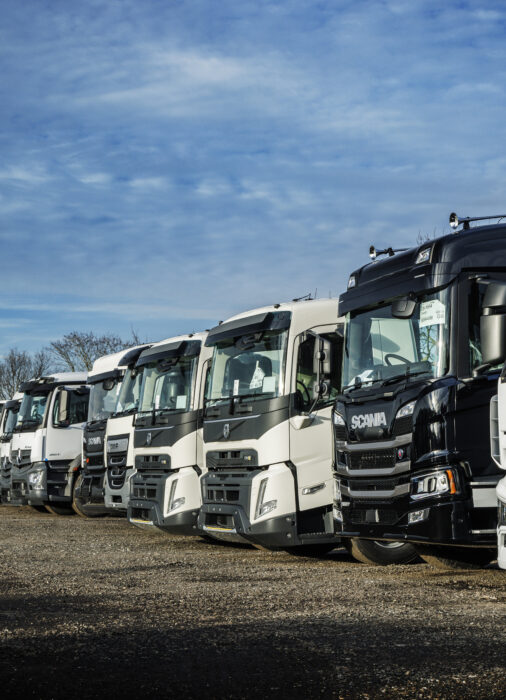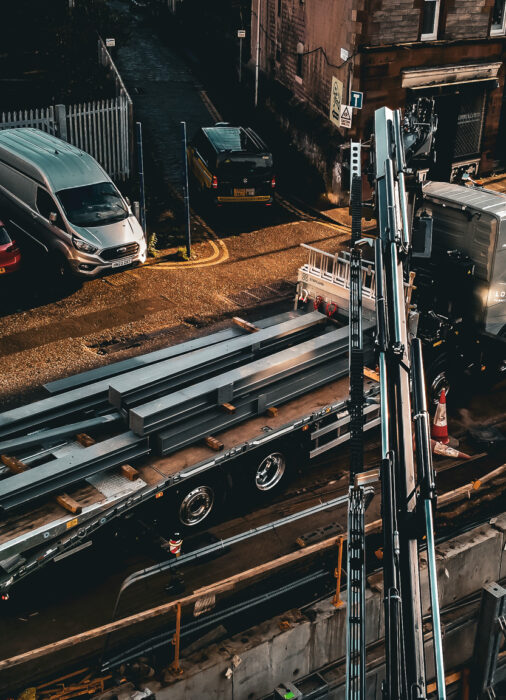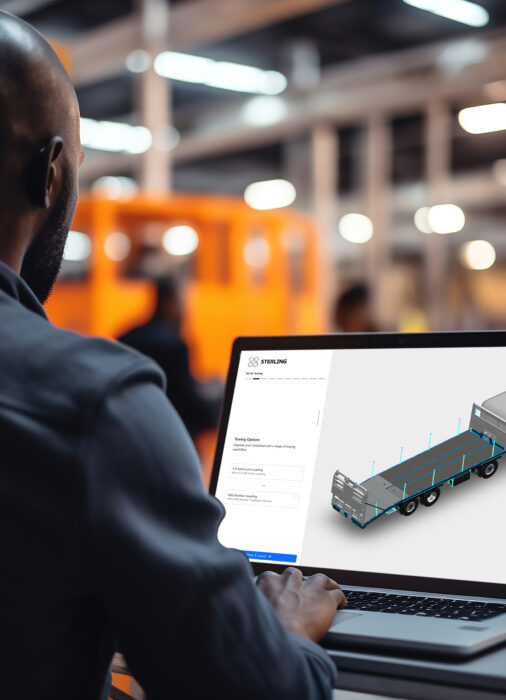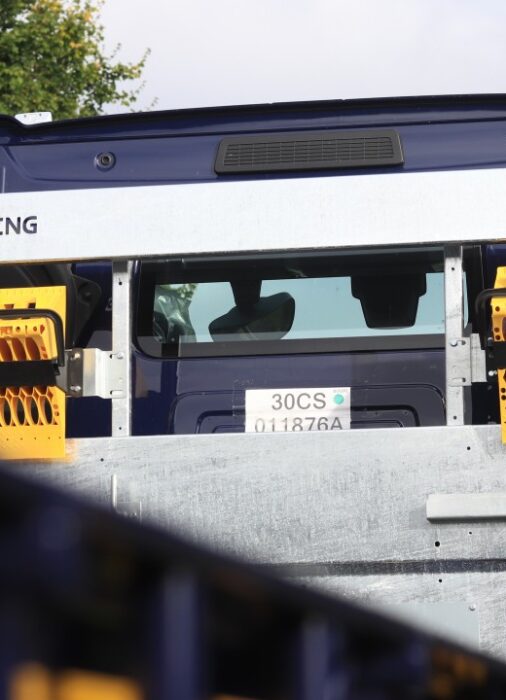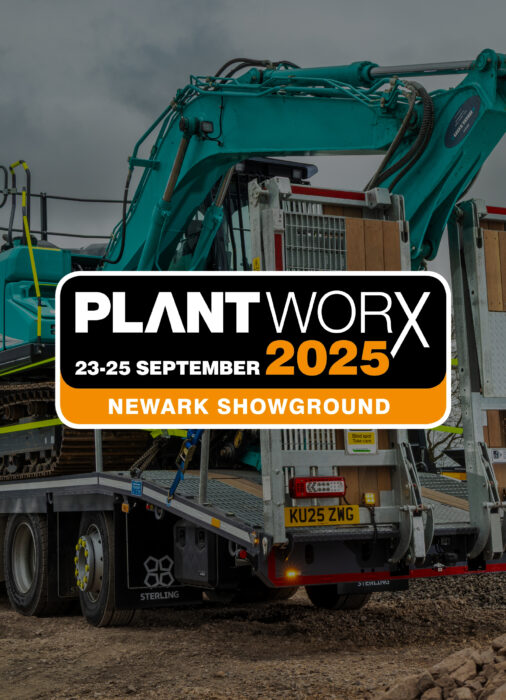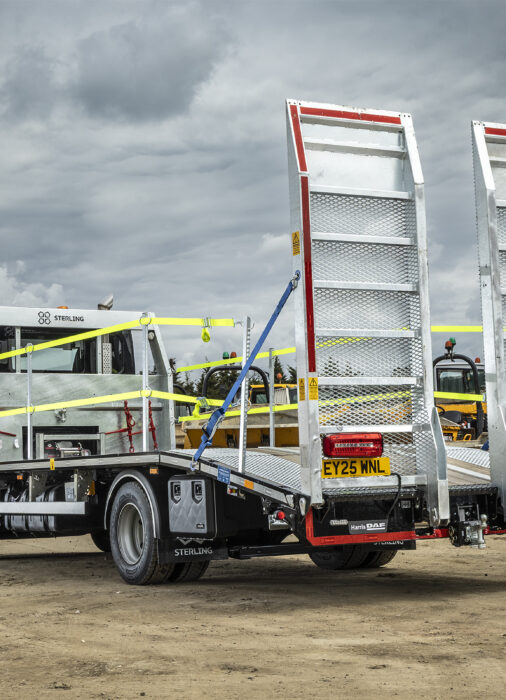How often should I replace my plant machinery?
Published on: 9th January 2018
Buying or leasing plant machinery is one of the biggest investments any company in that industry can make. On top of that machinery needs to be constantly monitored, maintained and eventually replaced. Managing this cycle adds difficulty to any transport or fleet managers job, so we put together a guide of factors you need to be monitor.
Factor 1: The older the machine the less reliable.
It’s obvious, but the older your plant machinery is the less reliable it gets. Over a lifetime of hard use, the machinery gradually requires more and more maintenance to keep it in safe working form.
The less reliable a machine is the more likely it is to break down at a critical time, leading to loss in revenue. Whilst monitoring its important to note the trend if the machine requires more maintenance causing costs to creep up making the upkeep of such a machine unworthwhile.
Most machines come with extensive warranties, covering any unplanned repairs or unexpected breakdowns with significant cost implications.
Factor 2: Age impacts on productivity and generating revenue.
Consider how fast technology is advancing. The plant machinery you run may be in good working order, but new technology can increase efficiency, productivity and in the long term which saves on running costs.
At this point, it is important to distinguish between needs and wants. New technology can incorporate enhanced safety features and intelligent systems, completing jobs faster safely but if it is simply for convenience or comfort this may not be the route you should take. your operators will need to be retrained to use the machine correctly and keep it in good form. But safety features and intelligent systems can help your company keep jobs on track and safer.
Factor 3: Forecasting for the future
Have you looked at your growth plans for the next three years? Your capacity will need to increase to cope with your growth plans. The more you grow the more the equipment will be used and as a general rule if the machine is used 60-70% of the time it is more cost effective to buy than rent.
It’s important that when you look to buy new plant machinery, that it is reliable and has effective performance – not any machine will do so you can grow. Some machines may be cheap but you may have to replace them again sooner than you expected. So, look to increase your fleet so can maintain high standard of equipment but also provide more customers.
Factor 4: How do you plan to finance it?
Finance may not be a problem for you, but it’s important to consider anyway. If your company is very cash-rich, there is the option to buy machinery or equipment outright having full ownership from the outset and keep the equipment for as long as they choose.
However, due to cash flow constraints, buying equipment outright is not a viable option for most companies. It may affect the cash flow so significantly that investments in other areas of the business have to be curtailed, potentially slowing growth. Businesses may decide to leave a healthier bank balance and spread the cost of the purchase.
You are able to claim capital allowances when you buy what HMRC define as ‘plant and machinery’, which covers quite a broad number of items, and costs surrounding those items. Capital allowances refer to a sum of money that can be deducted from the amount of tax a business needs to pay.
Read more of our articles here.
Gallery

